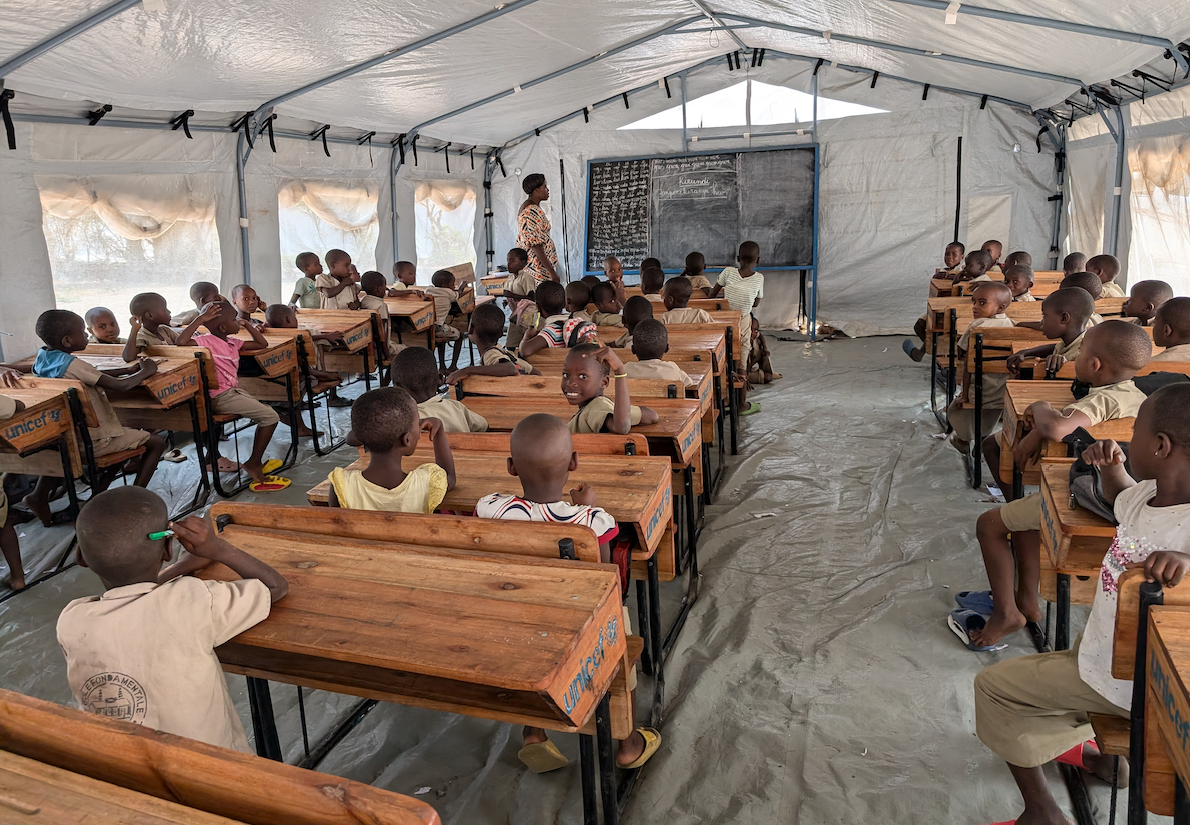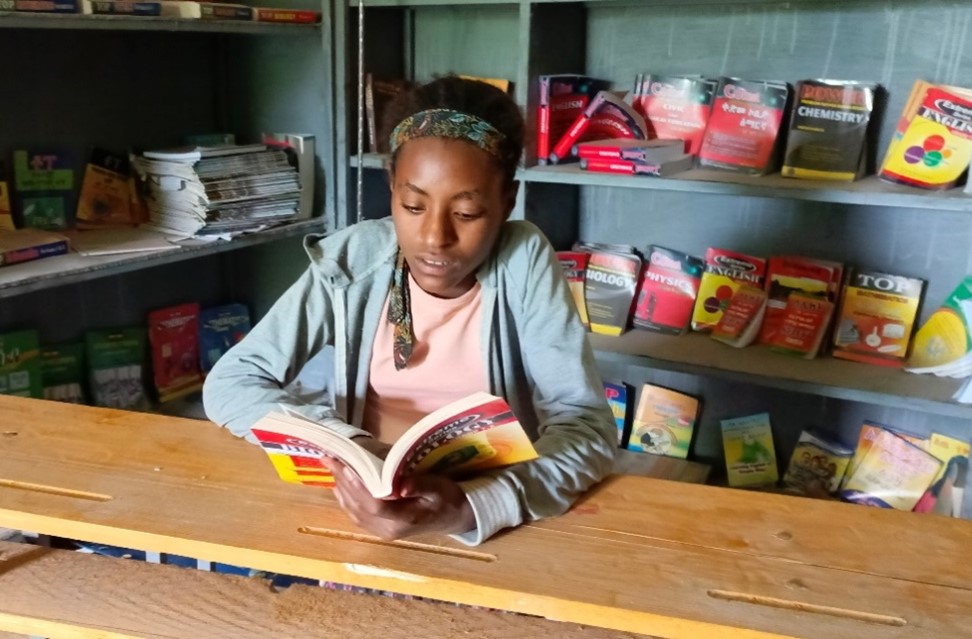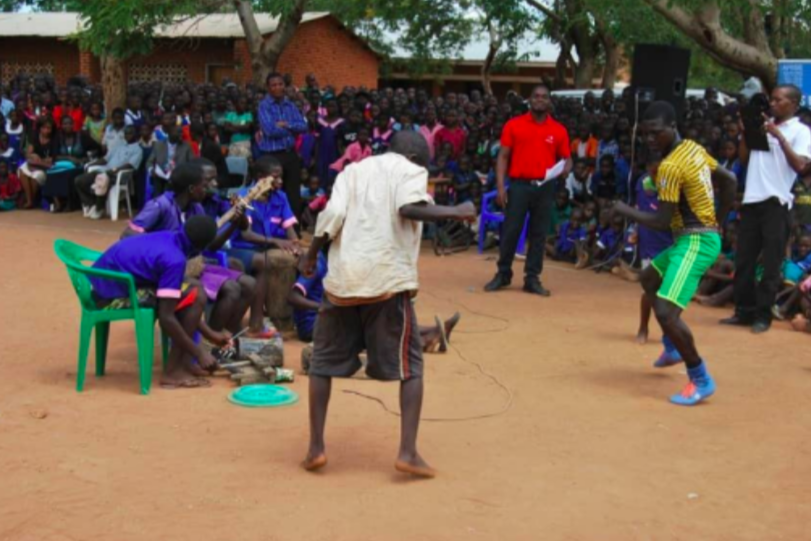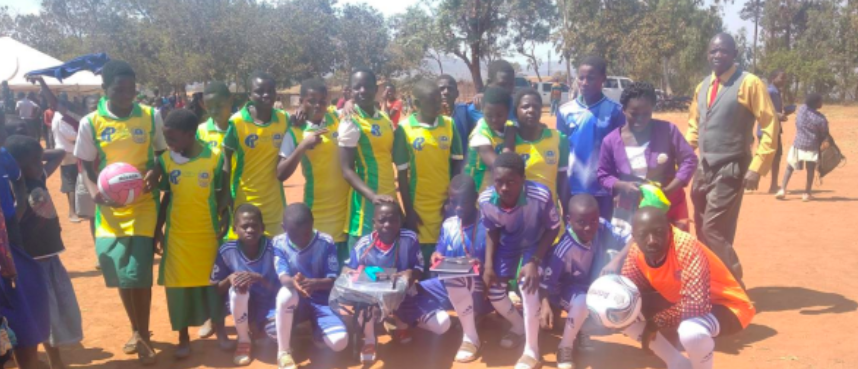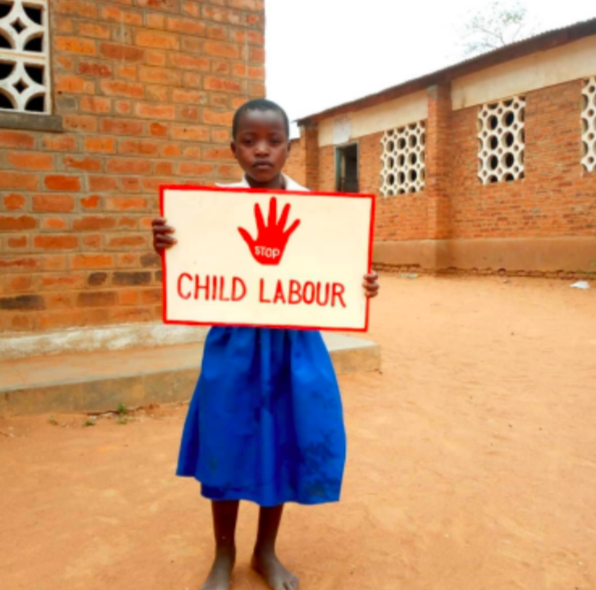A Comprehensive Approach to Awareness and Training
STEB’s project focuses on training and awareness-raising activities involving teachers, school principals, and local authorities. They were trained on children’s rights, the definition of child labour, and ways to raise awareness about the importance of education.
STEB President Remy Nsengiyumva noted that many parents underestimate the harm of child labor, believing their children are helping the family without realizing the negative impact on their future. The project equips teachers with special union training, preparing them to become focal points within their schools, coordinating activities that engage the community, and establishing anti-child labor school clubs. These clubs actively promote awareness and use creative methods like street theater to inform communities about the importance of education.
“I decided to become a member of my school’s club against child labour because I want to help others,” explains Donobel, 12, year old student in Gihanga. “In my neighborhood, I know many children who do not go to school. Some behave badly and have started stealing from houses. It hurts when friends lose their way because they do not have access to education. The STEB project taught us about children’s rights, how to approach children who have dropped out of school and talk to them about the importance of returning to school. I was able to convince 23 children to come back to school this year. For some, it was not too difficult: I talked to them on the street, explaining that the school was always open to them. Others are not convinced school is useful or say their parents are against it. In these cases, I visit them at home with the focal point teacher from my school until we get them to come back.”
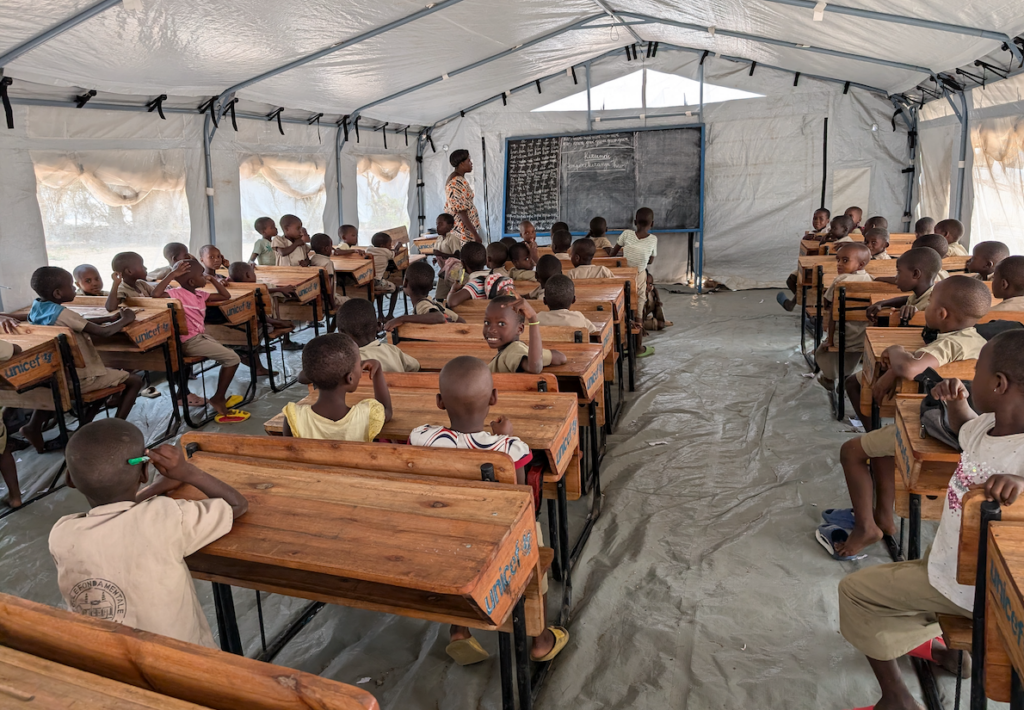
Overcoming Barriers and Engaging the Community
Despite the project’s success in raising awareness, several challenges remain. Parents sometimes hesitate to bring their children back to school for fear of being refused enrollment by the principal or having to pay a sum of money in exchange for enrollment, which is illegal but not uncommon in Burundi. To address these concerns, STEB has involved school principals and local officials from the outset to assure parents that enrollment is free and accessible. Local officials, like Salvator Habunimana, even accompany families to school to ensure children are enrolled without any obstacles. At community meetings, he highlights the importance of education, warning that uneducated children are at higher risk of criminal behavior, and sometimes visits parents personally to emphasize their legal obligations to send their children to school.
Education authorities, too, have found new purpose through the project. Bonaventure Ndayiziga, the local director of education, shared that prior to the project, there was no systematic approach for reaching families with information on compulsory education. By training local authorities and school staff, STEB has established a coordinated system for keeping families informed, ensuring that the message reaches every household.
Strengthening Social Dialogue and Building Trust
Beyond benefiting children, the initiative strengthens STEB itself, enhancing its influence and credibility. The union has developed closer relationships with government officials and child rights organizations, improving the lobby for the enforcement of compulsory schooling laws. STEB’s Nsengiyumva highlighted that the union’s efforts have improved its visibility and facilitated better dialogue with authorities.
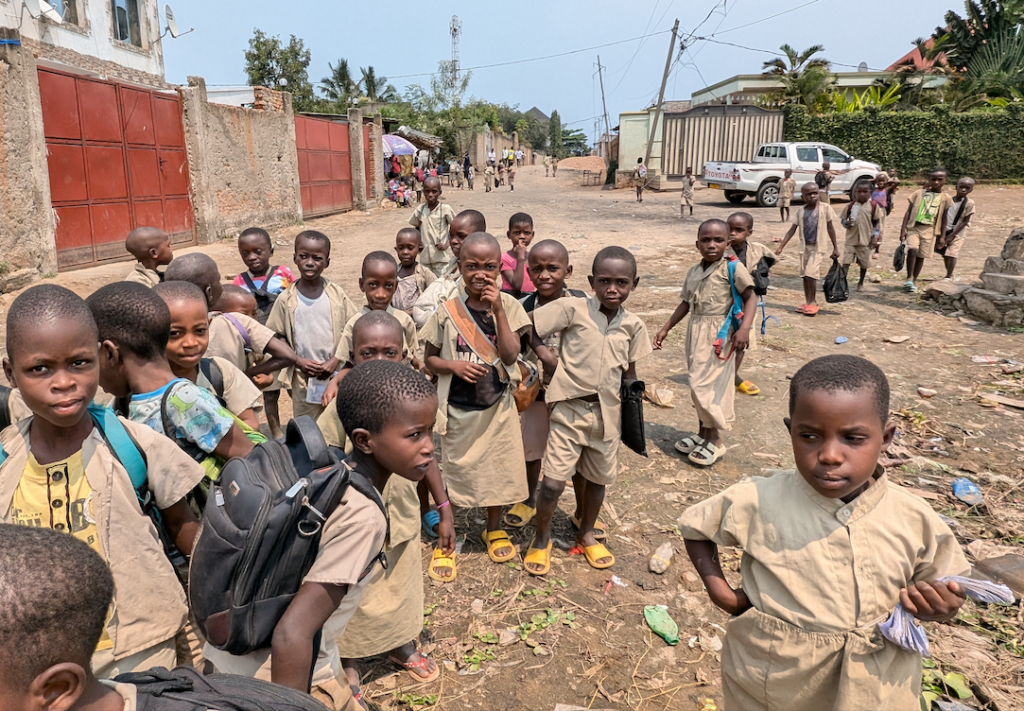
Back for good: Supporting children’s return to school
STEB’s work in Gihanga builds on a previous success story from Rukamaru, a Bujumbura suburb where, from 2021 to 2023, the project helped 663 children leave child labor and return to school. However, widespread poverty continues to be a challenge. Many children who have experienced paid work remain tempted to leave school, as explained by teacher Selami Mwajuma. Working with older children reintegrated into younger classes due to their educational gaps, she uses flexible attendance policies to accommodate them. She maintains contact with their families and supports them through challenges, believing that school offers these children a critical “unexpected chance” for a different life. The project also provides remedial classes to help students catch up academically, countering the risk of dropout due to behavioral or academic struggles.
A poem written and recited by a child who is member of the anti child labour clubs

